By: Judi Zirin.
After so many school shootings, I’m not worried my kid won’t fit in – I’m praying he won’t be carried out
Ihave always loved the end of summer’s lazy promise of infinite possibility, the late August back to school buzz of limitless potential. Instead of shopping for school supplies and first day of school outfits, though, I’m online looking at Kevlar hoodies and bulletproof backpacks. This year, I’m not worried my kid won’t fit in – I’m praying he won’t be carried out.
After so many school shootings, I’m scared. Scared of what happens when that student who seems a little off or angry or cruel, whose parents don’t notice or take it seriously, whose issues the school is “dealing with”, finds access to a gun. Terrified because I know I can’t protect my child – and the government won’t. Confused because these students need help and not stigma, and it’s oddly the guns who have the stronger lobby.
Prevention of gun violence depends now on the vigilance of other parents, school administrators and law enforcement. Parents and schools are generally forewarned. School shooters exhibit “behavioral warning signs that caused others to be concerned” 93% of the time, and shooters’ plans are known to others 81% of the time. When schools ignore bullying or overlook troubling or aberrant behavior, they create a dangerous atmosphere that arming teachers, lockdowns and drills can’t later prevent. Parents who ignore warning signs put both their own and other people’s children in danger.
Law enforcement is needed before active situations develop. The El Paso killer’s mother called the police to express her concern about her son having an assault weapon. The neighbor who took in the Parkland killer says she called police to express similar concerns. Seventeen states and Washington DC have variations of red flag laws, which allow the removal of guns by judicial order from those deemed a danger to themselves or others. When warnings are heeded and social media sites monitored, would-be killers can be stopped and numerous lives saved.
There are no easy answers, particularly given political resistance to gun control legislation, but we certainly we can try. Kids can be encouraged to share information, possibly using anonymous tip lines. Metal detectors and bulletproof doors and bag checks may be widely needed, and occasional assemblies just haven’t been cutting it.
Communities can be more involved in creating individualized solutions. Violence is a great equalizer; after shootings in Columbine, Sandy Hook and Parkland, parents in all economic strata recognize no community is safe. If this sways upcoming elections, meaningful legislation could move forward and much of this issue greatly mitigated.
It’s troubling that 74% of gun owners say the right to gun ownership is “essential to their own sense of freedom”. Freedom is now predicated on access to weaponry? Obviously your gun is for protection – though research shows it’s actually more likely members of your own household will be shot with that gun than any armed intruder … But you’re different – you will keep your gun safer, never develop mental health issues, your kid would never … Most gun owners believe they can control gun safety in their homes, their risk perception flawed despite statistical evidence.
Statistics. Evidence. The more than 100,000 people injured every year in shootings, and more than 36,000 people a year who die as a result of gun violence, a public health crisis according to the American Medical Association, the American Academy of Pediatrics, Jama, etc. The second amendment, which doesn’t confer a right to own any gun for sport or protection without limitation – that’s neither its language nor how courts interpret it. The campaign donations senators and other representatives receive from the gun lobby. These facts can no longer be ignored or manipulated.
Forty years ago, my back to school was JC Penney’s, Sears or Kmart clothing advertised in shiny newspaper inserts, black-and-white marbled composition books and, if I was lucky, a novelty pen with click tabs of multiple ink colors. I was scared of the “burnouts”: boys with thick chains swinging from the loops of their faded jeans who smoked openly outside school doors, scared of gum chewing tube top-clad cool girls with their Farrah Fawcett feathered, Sun-In blonde hair … and of practically everybody else. The district’s least academic track was nicknamed “pre-jail”, there was a pregnant seventh grader whose belly strained against her overalls as she struggled to decorate our homeroom door with paper flowers, and a tall unsmiling redhead rumored to have joined the Nazi party wore enormous black boots whose stomp echoed in the narrow hallway where he called my best friend “kike” every day as he passed her. But all I feared was that someone would call me fat and everyone would laugh at me and my fatness – never guns, never being killed.
Years later, I do worry about the possibility of a shooter at my son’s tiny suburban school, though there are no grappling tweens making out in front of lockers, no lingering smoke smell at its entryway, no older kids in pick up trucks zooming out of its parking lot. In other years, I shook with PTSD at back to school night, flashing back to my tween awkwardness and pain. Now, I sit imagining someone reaching into pocket or purse and shots ricocheting around the small auditorium. Because no matter how good our body armor, none of us are bulletproof, and our most effective weapon remains our vote.
Source of the article: https://www.theguardian.com/commentisfree/2019/aug/31/school-shootings-bulletproof-backpacks-kevlar
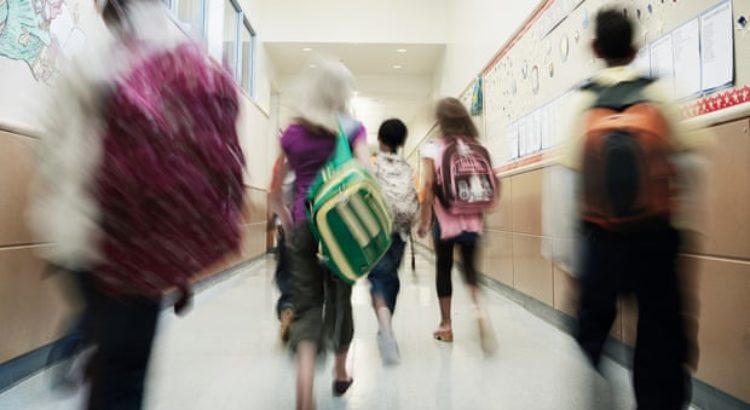
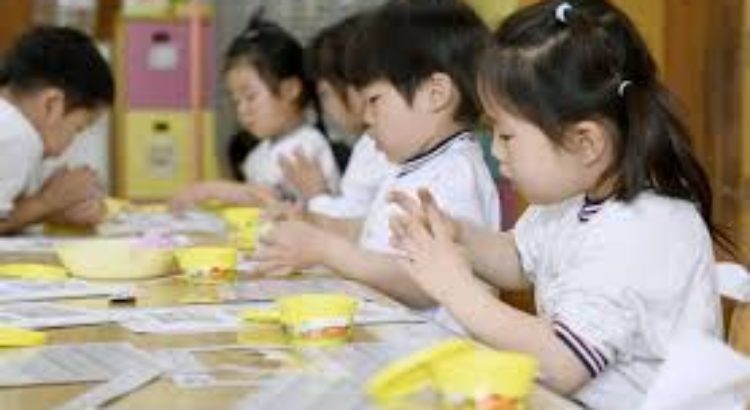
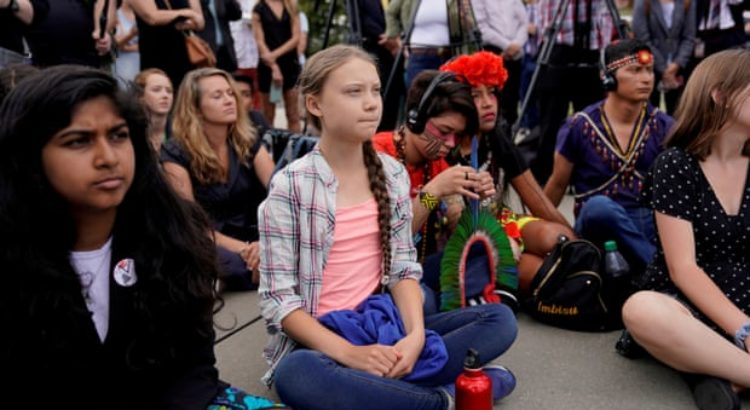
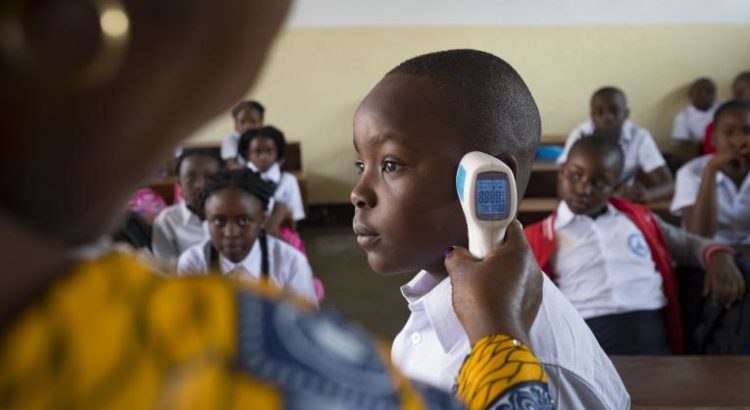
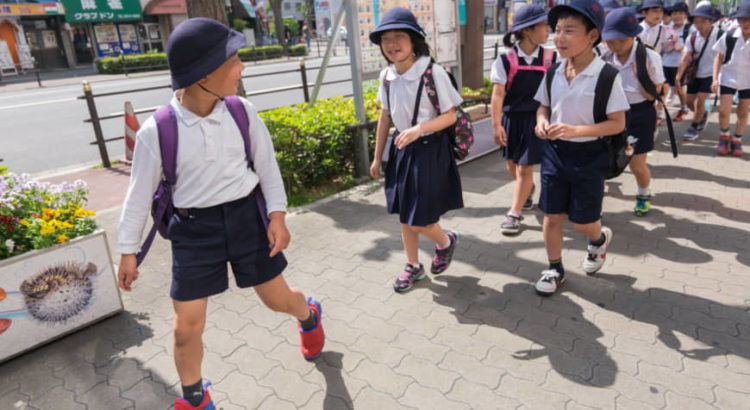
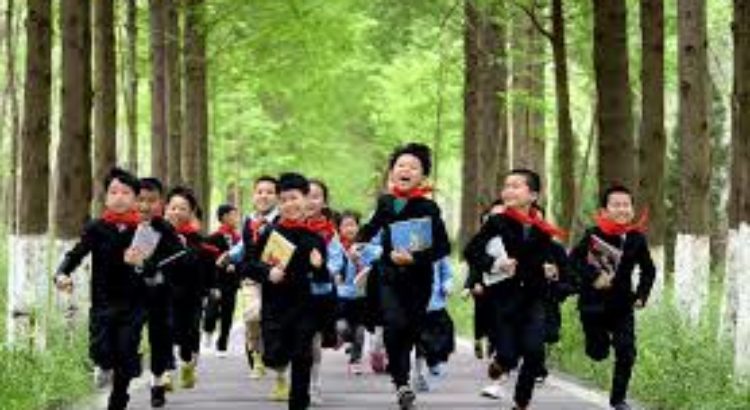
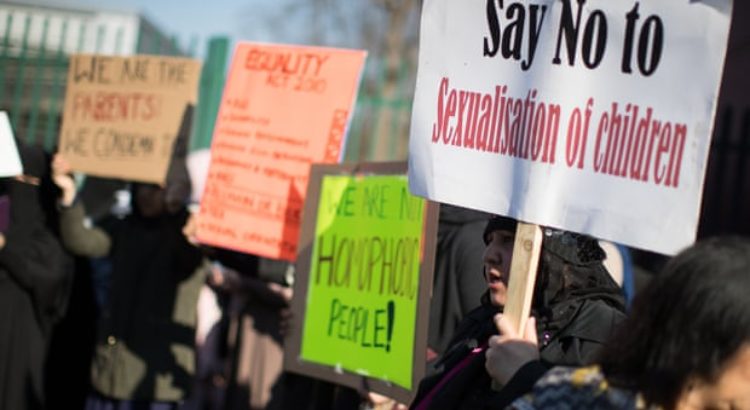








 Users Today : 16
Users Today : 16 Total Users : 35460399
Total Users : 35460399 Views Today : 34
Views Today : 34 Total views : 3419197
Total views : 3419197